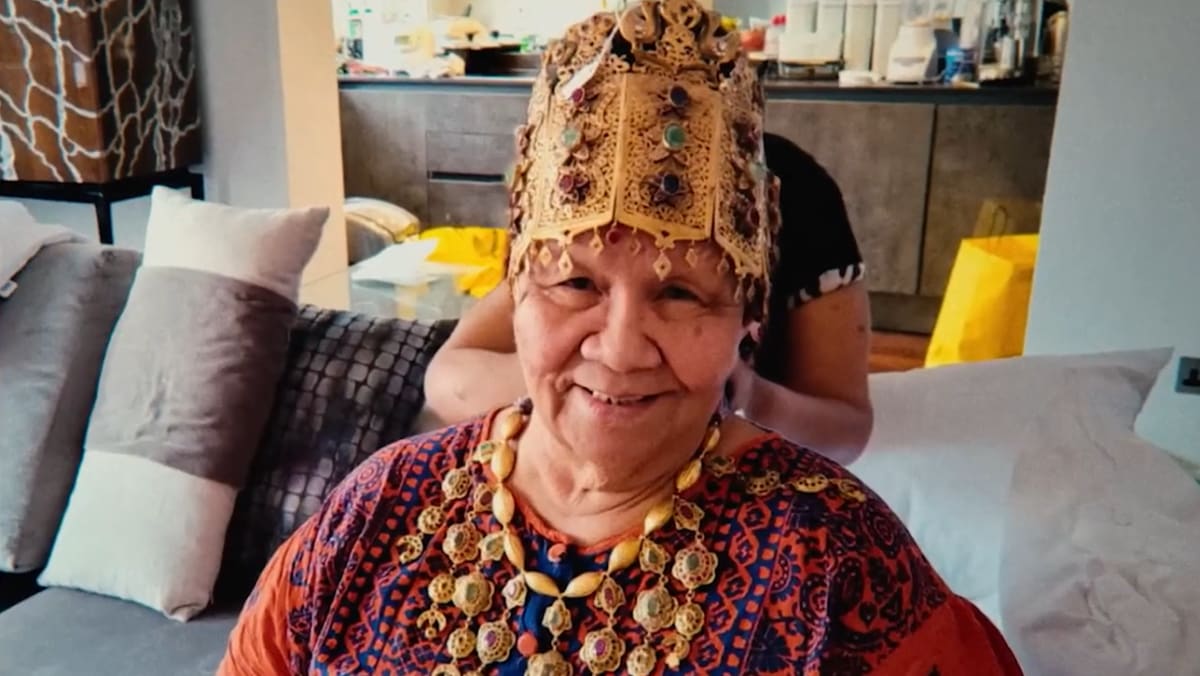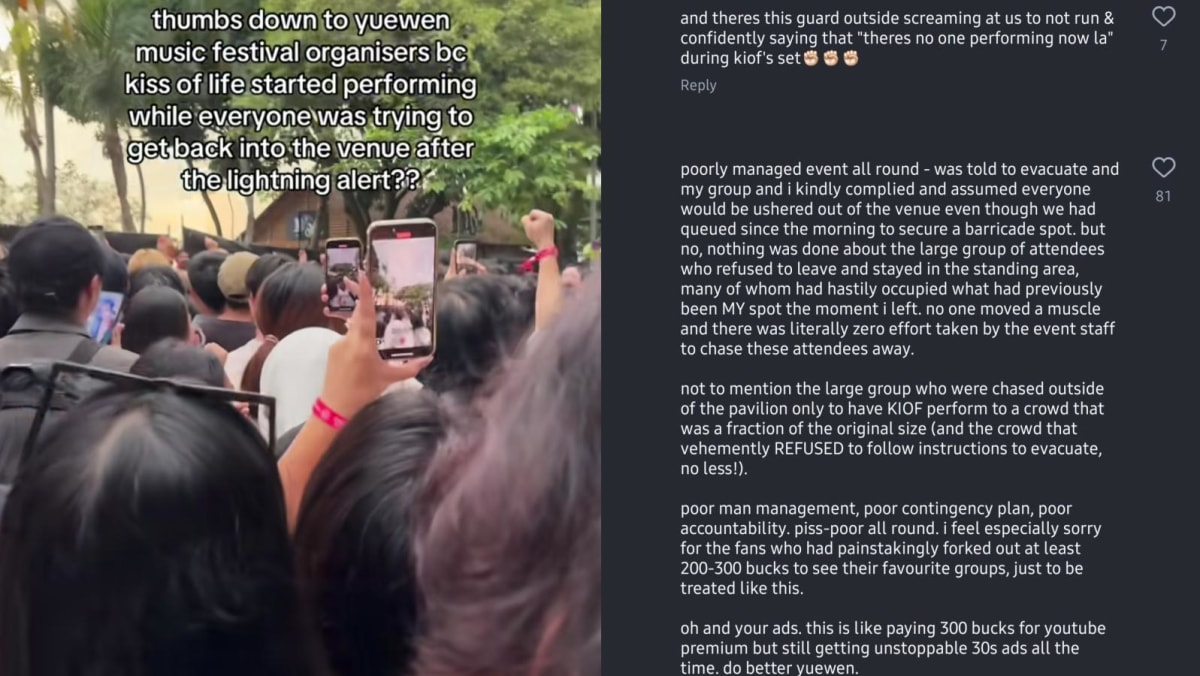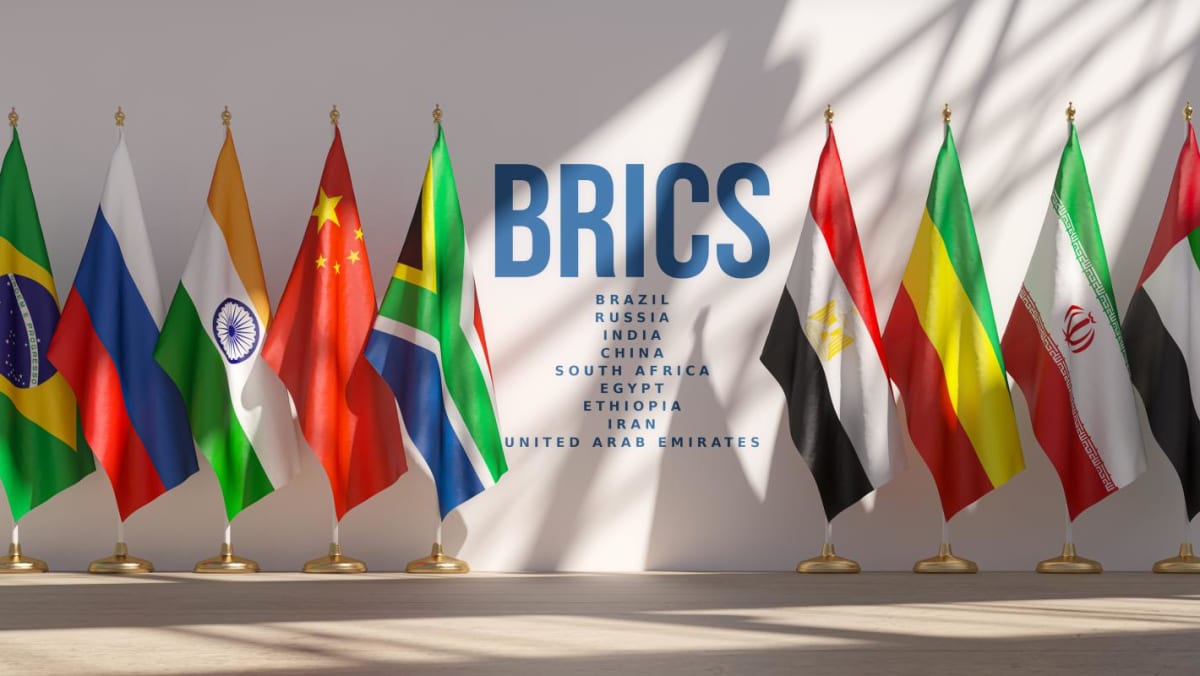PUTRAJAYA: Tech giants Google and X have yet to apply for a new class licence in Malaysia in compliance with a new regulatory framework that came into effect from Wednesday (Jan 1).
The licensing framework was announced in July last year and was aimed at protecting the public from perceived online harm. Social media and internet messaging platforms with at least eight million registered users in Malaysia were required to comply with the new policy.
The Malaysian Communications and Multimedia Commission (MCMC) said that Google - which operates YouTube - had raised issues about the site’s video sharing features and its classification under the licensing framework.
“MCMC has deliberated on the issues raised and shall ensure YouTube as well as all relevant platform providers meeting the licensing criteria are bound by their duties and responsibilities to adhere to the licensing framework,” the commission said in a statement on Wednesday.
Meanwhile, X told MCMC that its user base in Malaysia has yet to reach the required threshold of eight million users. In light of this, MCMC said that it is “actively reviewing the validity of the user base as stated by X and will continue engagement sessions to assess X’s position”.
Separately, four other major social media and internet messaging platforms have “taken significant steps” to secure the required licences needed to operate in Malaysia, or are in the final stages of obtaining them.
MCMC said that Tencent - which operates WeChat - was the first service provider to be granted the Applications Service Provider Class licence. This is followed by social media platform TikTok, owned by another Chinese internet company ByteDance, the commission added.
Telegram is in its “final stages” of the licensing process while Meta - which oversees Facebook, Instagram and WhatsApp - has initiated the process of obtaining the licenses that is expected to be completed soon.
“MCMC will assess the status of platform providers that have yet to obtain the required licenses and consider the appropriate actions under the Communications and Multimedia Act 1998,” the commission added, noting that platform providers found to be in violation of the licensing requirements may be subject to investigation and regulatory actions.
Eligible social media platforms and internet messaging firms that fail to get the class licence could face penalties of up to five years’ jail and a maximum fine of RM500,000 (US$111,600). Operators could also be fined RM1,000 for each day they remain unlicensed.
Communications Minister Fahmi Fadzil previously told CNA that Malaysia does not intend to block or ban any social media platforms, saying that the country is an “increasingly important market” for the platforms, which in turn bring “value” to the country.
Analysts have said that this would mean social media platforms will have to decide whether to have different implementations for different countries or standardise everything to avoid infringing these regulations.
Malaysia’s new regulatory framework has sparked a debate in the country in the past few months.
Some civil society organisations consider it to be too heavy handed and risks stifling freedom of speech and the freedom to criticise the government while other internet observers regarded it to be a timely move to improve online safety at a time of rising cybercrime.
But Fahmi had said the high-profile case of a Malaysian TikTok influencer who died by suicide in a cyberbullying incident was the “proverbial straw that broke the camel’s back”.
Rajeswary Appahu, 30, who went by the name Esha on social media and is known for her beauty content was found dead in her home on Jul 5. She had earlier made a police report expressing fears of being raped and killed, after she was harassed in a “live session” on TikTok.
Her death had made the government rethink its relationship with online service providers and users, Fahmi said, prompting a Cabinet meeting on Jul 12 to discuss the issue of cyberbullying on social media platforms.
According to independent data provider World Population Review, WeChat has 12 million users in Malaysia.
Advisory firm Kepios said YouTube had about 24.1 million users in Malaysia in early 2024, TikTok 28.68 million users aged 18 and above, Facebook 22.35 million users, and X had 5.71 million.















.png?itok=erLSagvf)






























